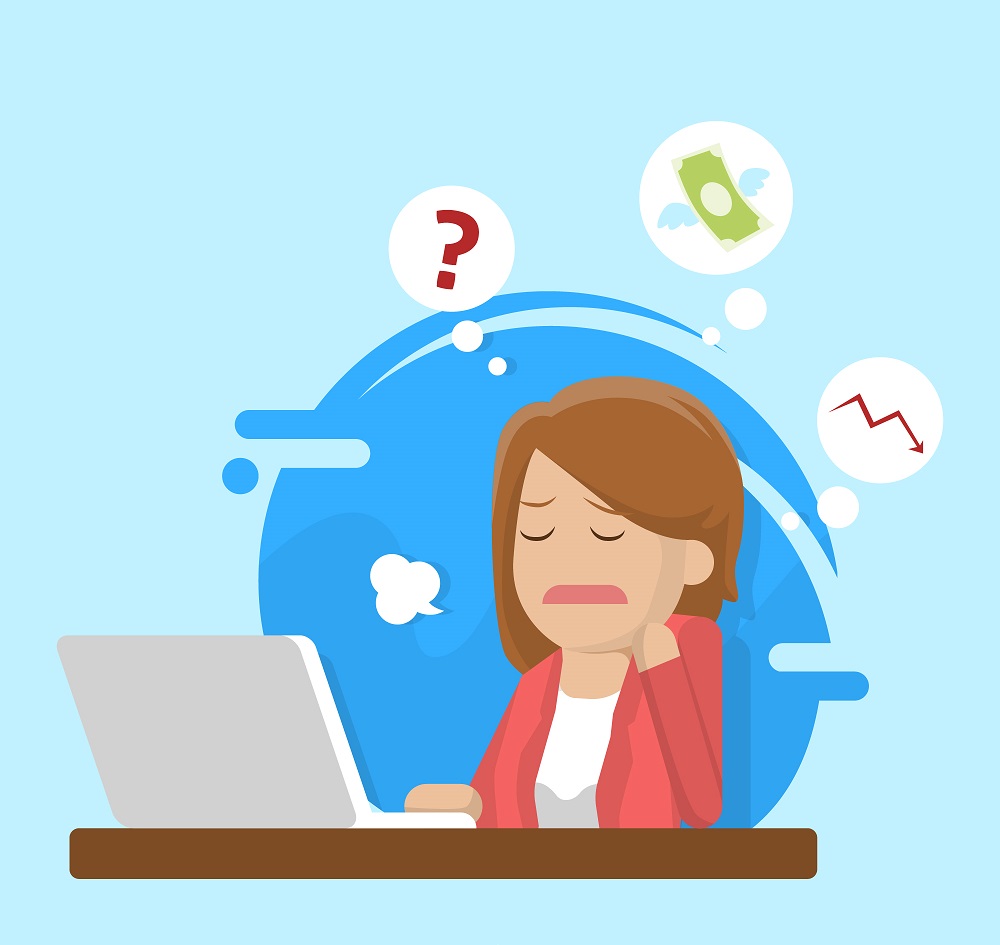How To Stress Less In 2019
Here are some do’s and don’ts to help you build said stress resilience:
Do…
- Exercise. I don’t care how cliché that sounds, because when it comes to stress, it works. The best thing someone can do to manage stress is sweat cortisol out of their body. No need to hit SoulCycle every day; do what works for you, whether that’s shooting hoops, practicing hot yoga, or simply going for a long walk.
- Sleep. Think of it as brain maintenance. When we’re asleep, our brain works hard to keep itself healthy. If it doesn’t have that time, we lack focus or we get moody, which are signals that something is wrong. If we don’t sleep enough regularly, we become less resilient when faced with stress.
- Note: Can’t sleep because you’re stressed? If your thoughts keep you awake, learn how to turn that noise off. Try reading or listening to music before you go to bed to distract your mind from whatever you’re worried about.
- Connect. We’ve come to rely so heavily on technology to keep us connected, we sometimes forget what real human connection actually feels like. People often withdraw from society when stressed, but when we’re with people we love and care about, our brain releases oxytocin, which helps with stress. Spend time maintaining and feeding your relationships when you aren’t stressed so you’re not only calling on your friends when you need them. Be sure to have fun with them, too!
Don’t…
- Rely on the punching bag. Sometimes you hear people say you should kick or fight a punching bag to relieve stress, but this only makes your stress more aggressive, as your brain will link stress to kicking or hitting.
- Forget about stress until it’s there. As I mentioned before, people only think about doing something about their stress when they’re stressed. Think about tackling stress even when you’re worry-free. Don’t focus just on solving problems; prevent problems, too.
- React impulsively. Step away from whatever stress-inducing situation is at play and get at least one good night’s sleep before you react. For example, when you receive an angry email, don’t let your stress respond for you. Try to calm down before you defensively hit reply. Write the email, but don’t send it. You win twice: first, because you won’t be calling that person horrible names but also because your argument will be better articulated the next day!
source : Udemy.com
